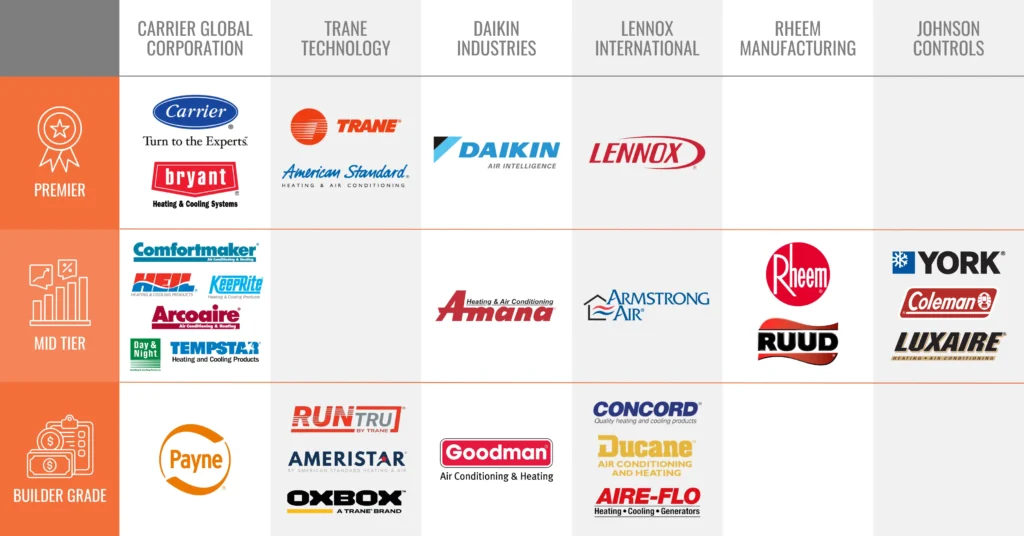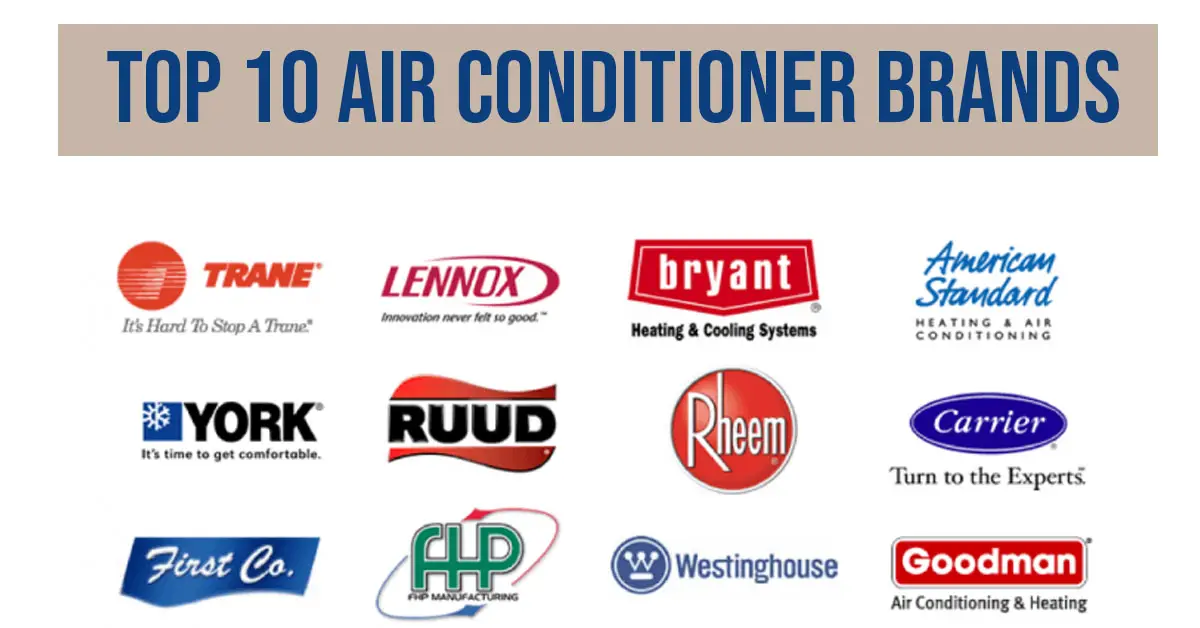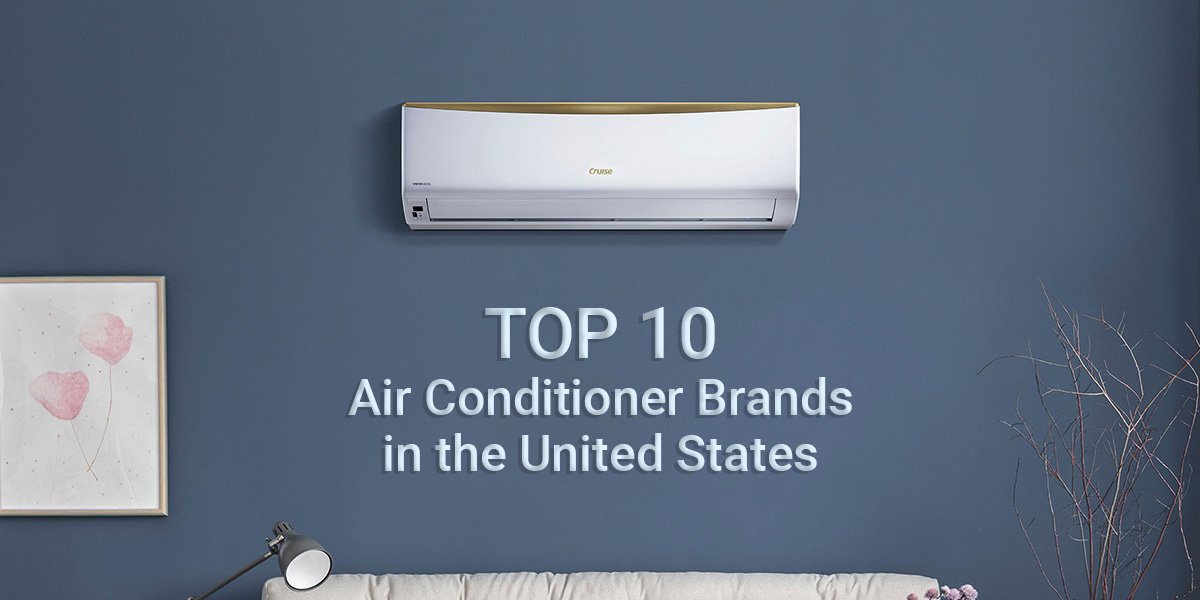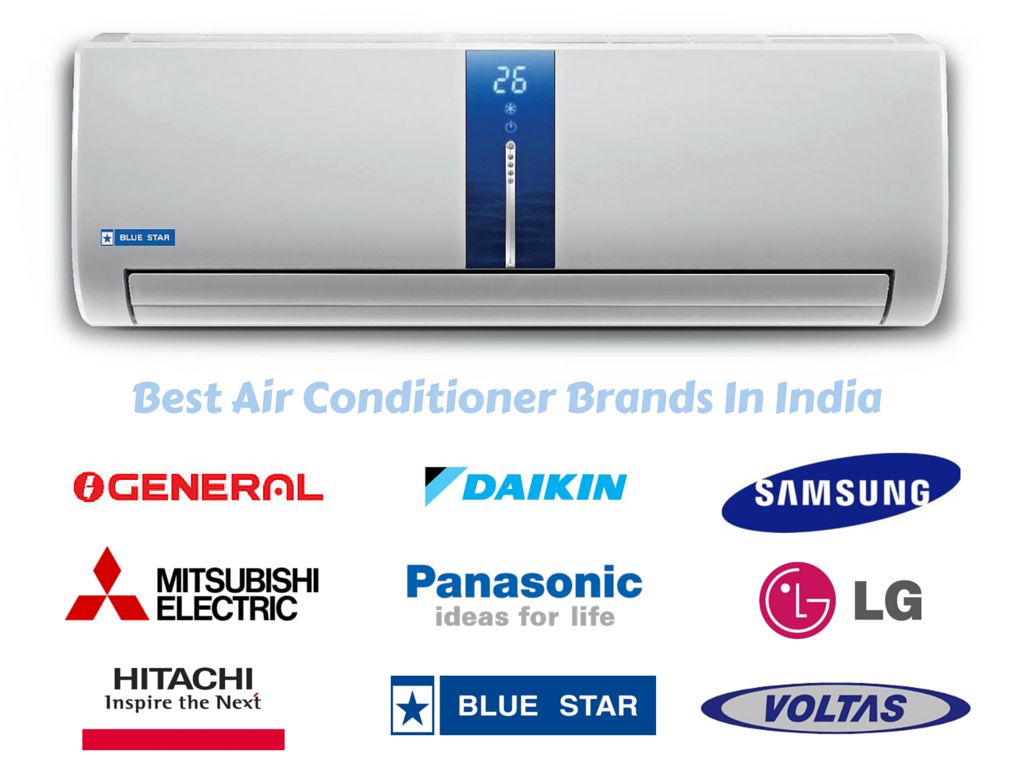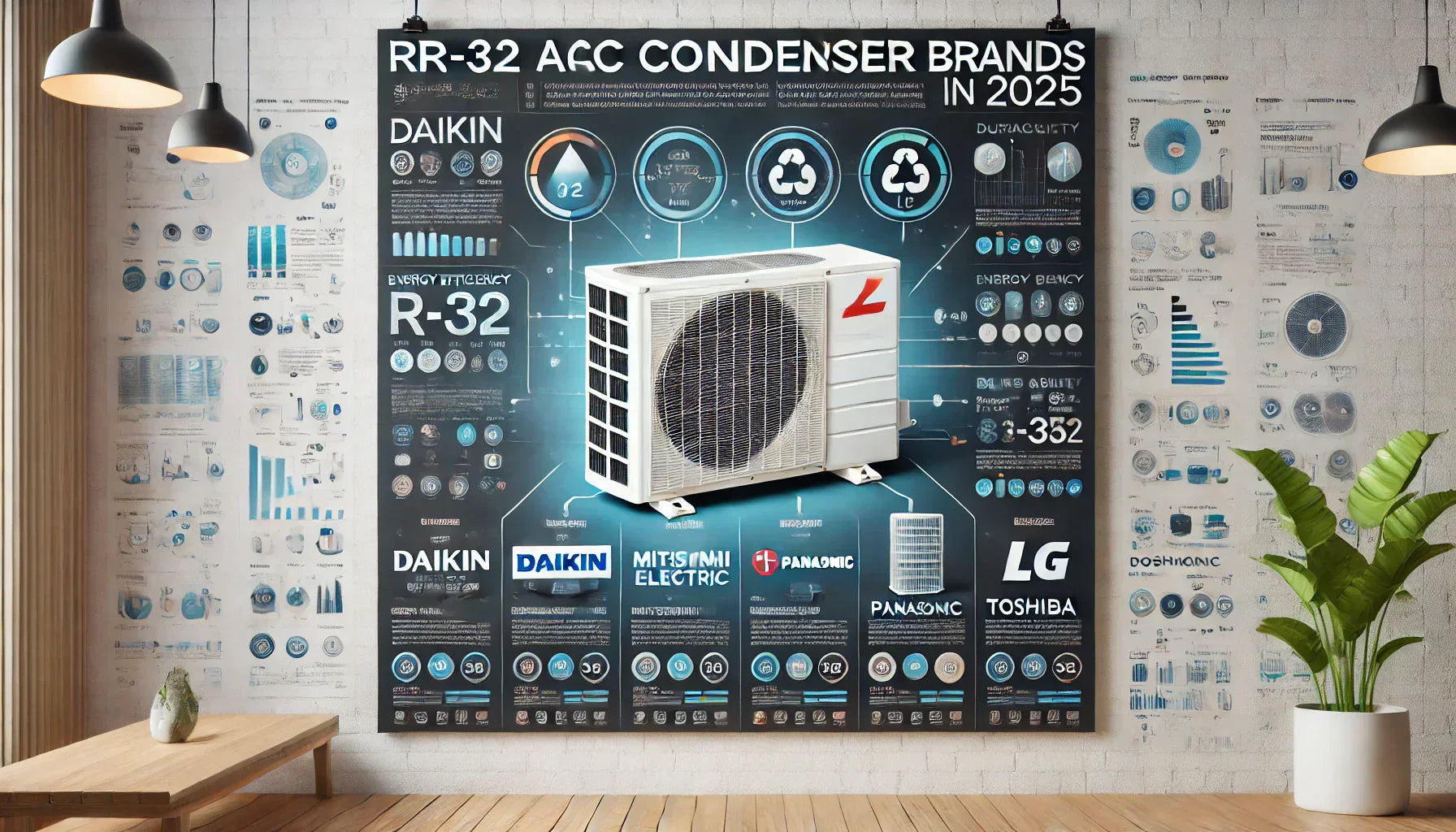What Are The Best Air Conditioner Brands
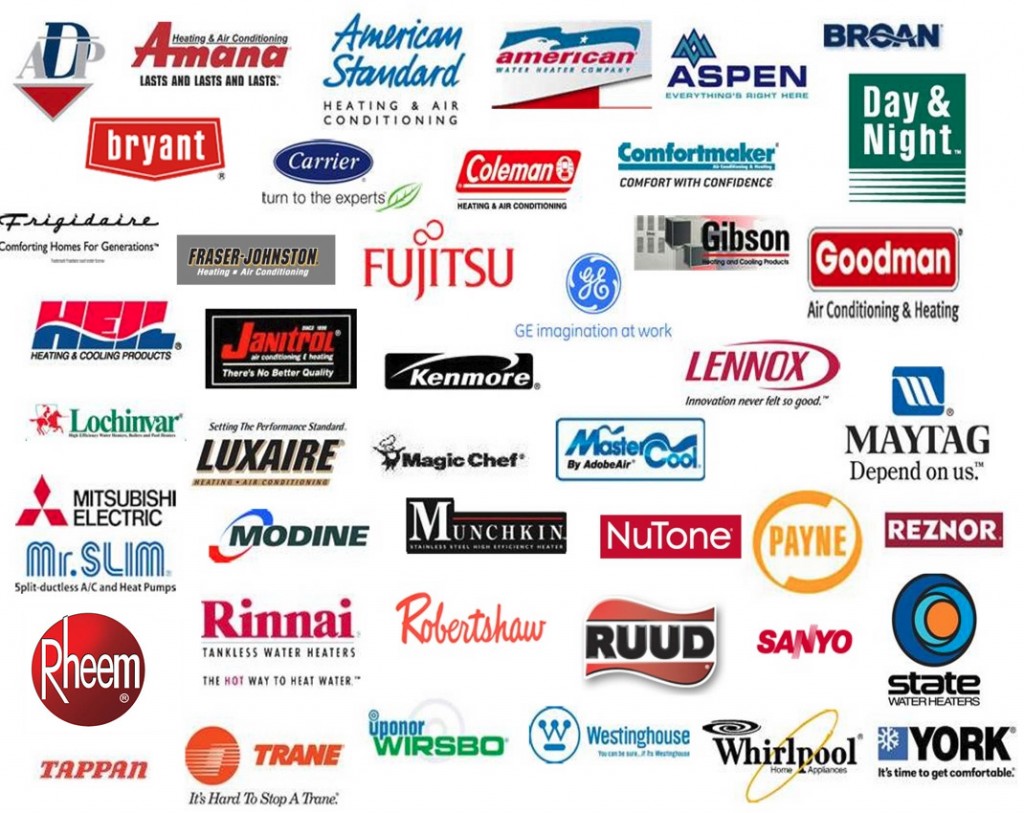
Choosing the right air conditioner can be a daunting task, given the multitude of brands and models available. This guide provides an in-depth look at some of the best air conditioner brands on the market, catering to homeowners, HVAC technicians, and facility managers alike. We'll cover key factors such as energy efficiency, reliability, cost, and special features to help you make an informed decision.
Understanding Key HVAC Terminology
Before diving into brand comparisons, let's clarify some essential HVAC terms:
- SEER (Seasonal Energy Efficiency Ratio): This measures an AC's cooling efficiency over an entire cooling season. A higher SEER rating indicates better energy efficiency and lower operating costs. Modern ACs typically range from 13 to 28 SEER.
- HSPF (Heating Seasonal Performance Factor): Though primarily relevant for heat pumps, it's still important to understand. HSPF measures the heating efficiency of a heat pump.
- EER (Energy Efficiency Ratio): EER measures the cooling efficiency at a specific operating point (e.g., a hot summer day). While SEER considers seasonal variations, EER provides a snapshot of performance under fixed conditions.
- BTU (British Thermal Unit): BTU measures the amount of heat an AC can remove per hour. The appropriate BTU rating depends on the size of the space being cooled.
- Single-Stage, Two-Stage, and Variable-Speed Compressors:
- Single-Stage ACs operate at only one speed – full blast. They are the least efficient but also the least expensive.
- Two-Stage ACs have two operating speeds, allowing for more efficient cooling during milder weather.
- Variable-Speed (or Inverter-Driven) ACs can adjust their cooling output precisely to match the cooling demand, offering the highest efficiency and comfort.
Top Air Conditioner Brands
Here’s a breakdown of some of the leading air conditioner brands, highlighting their strengths and weaknesses:
Carrier
Carrier is often considered the gold standard in the HVAC industry. Known for their innovation and reliability, Carrier offers a wide range of AC models, including high-efficiency units with variable-speed compressors. Their top-tier models boast impressive SEER ratings, potentially saving homeowners significant money on energy bills. Carrier systems are often paired with their proprietary Infinity control system, offering advanced features like zone control and smart home integration.
Pros: High efficiency, advanced features, durable, wide product range.
Cons: Higher upfront cost, installation and maintenance may require specialized technicians.
Suitable For: Homeowners seeking top-of-the-line performance and willing to invest in premium equipment.
Trane
Trane is another well-respected brand known for its robust construction and long-lasting performance. Their XV series features variable-speed compressors and high SEER ratings. Trane emphasizes reliability and durability, making them a popular choice for homeowners who want a system that will last. Their advertising often focuses on the rigorous testing their components undergo.
Pros: Excellent durability, wide range of models, good energy efficiency.
Cons: Can be expensive, some models lack advanced features found in other brands.
Suitable For: Homeowners prioritizing reliability and longevity.
American Standard
Often considered Trane's sister brand, American Standard shares many of the same components and manufacturing processes. This translates to similar levels of reliability and performance at a potentially slightly lower price point. They also offer a wide variety of models with competitive SEER ratings. Keep an eye out for models with the AccuComfort variable-speed system.
Pros: High reliability, good value, similar quality to Trane.
Cons: Similar to Trane, may lack some advanced features of other brands.
Suitable For: Homeowners looking for Trane-quality at a potentially more affordable price.
Lennox
Lennox focuses heavily on energy efficiency and innovation. They offer some of the highest SEER-rated ACs on the market. Their Dave Lennox Signature Collection includes models with exceptional energy efficiency and quiet operation. They're also known for integrating smart home technology into their systems.
Pros: High energy efficiency, quiet operation, innovative features.
Cons: Can be expensive, parts and service might be more difficult to find in some areas.
Suitable For: Homeowners prioritizing energy savings and cutting-edge technology.
Rheem
Rheem provides a wide range of AC units at competitive prices. They offer a good balance of performance and affordability, making them a popular choice for budget-conscious homeowners. While they might not have the same cutting-edge features as some other brands, their units are generally reliable and efficient. The Rheem Prestige Series offers higher SEER ratings and more advanced features.
Pros: Affordable, reliable, wide range of options.
Cons: May not have the highest SEER ratings or most advanced features.
Suitable For: Homeowners seeking a balance of price and performance.
Goodman
Goodman is known as a budget-friendly option. They offer a range of AC units at significantly lower prices than some of the premium brands. While their SEER ratings might not be as high as some competitors, they still provide adequate cooling for many homes. Goodman units are often easier to install and service, which can be appealing to HVAC technicians.
Pros: Very affordable, easy to install and service.
Cons: Lower SEER ratings, may not be as durable as premium brands.
Suitable For: Budget-conscious homeowners and rental properties.
Mitsubishi Electric
Mitsubishi Electric excels in ductless mini-split systems. These systems are ideal for homes without existing ductwork or for zoning specific areas. Mitsubishi's Mr. Slim and M-Series are popular choices for their quiet operation, energy efficiency, and individual zone control. They utilize inverter technology for precise temperature management.
Pros: Excellent for ductless applications, quiet operation, individual zone control, high efficiency.
Cons: More expensive than traditional central AC systems, limited to specific applications.
Suitable For: Homes without ductwork, additions, or for precise zone control needs.
Factors to Consider When Choosing an Air Conditioner
Beyond brand reputation, several factors should influence your AC purchase:
- Climate: The climate you live in will greatly impact the required SEER rating and BTU output. Hotter climates necessitate higher SEER ratings for optimal energy savings.
- Home Size and Insulation: Proper sizing is crucial. An oversized AC will cycle on and off frequently, leading to inefficient operation and discomfort. An undersized AC will struggle to cool the space adequately. Good insulation helps reduce the cooling load.
- Ductwork: In central AC systems, properly sealed and insulated ductwork is essential for efficient operation. Leaky or poorly insulated ducts can waste a significant amount of energy.
- Budget: Determine your budget upfront and factor in not only the purchase price but also installation costs, energy costs, and potential maintenance expenses.
- Features: Consider features like smart home integration, zone control, and advanced filtration systems based on your needs and preferences.
Cost Comparison
The cost of an air conditioner varies significantly depending on the brand, model, SEER rating, and features. Generally, you can expect the following price ranges (excluding installation):
- Goodman: $3,000 - $5,000
- Rheem: $3,500 - $6,000
- American Standard: $4,000 - $7,000
- Trane: $4,500 - $8,000
- Carrier: $5,000 - $9,000
- Lennox: $5,500 - $10,000
- Mitsubishi Electric (Ductless): $3,000 - $7,000 per zone
Remember that these are just estimates, and actual prices will vary depending on your location and the specific installer.
Lifespan and Maintenance
A well-maintained air conditioner can last 15-20 years. Regular maintenance is crucial for extending its lifespan and ensuring efficient operation. This includes:
- Changing or cleaning air filters regularly (every 1-3 months).
- Cleaning the outdoor unit's coils.
- Inspecting and cleaning the condensate drain line.
- Scheduling annual professional maintenance by a qualified HVAC technician.
Conclusion
Choosing the best air conditioner brand requires careful consideration of your specific needs, budget, and climate. Carrier and Trane are excellent choices for homeowners seeking top-of-the-line performance and reliability. Lennox focuses on energy efficiency and innovation. Rheem and Goodman offer more budget-friendly options. And Mitsubishi Electric excels in ductless mini-split systems. Ultimately, the best AC for you is the one that meets your individual requirements and provides reliable, efficient cooling for years to come. Consulting with a qualified HVAC professional is always recommended to ensure proper sizing and installation.


